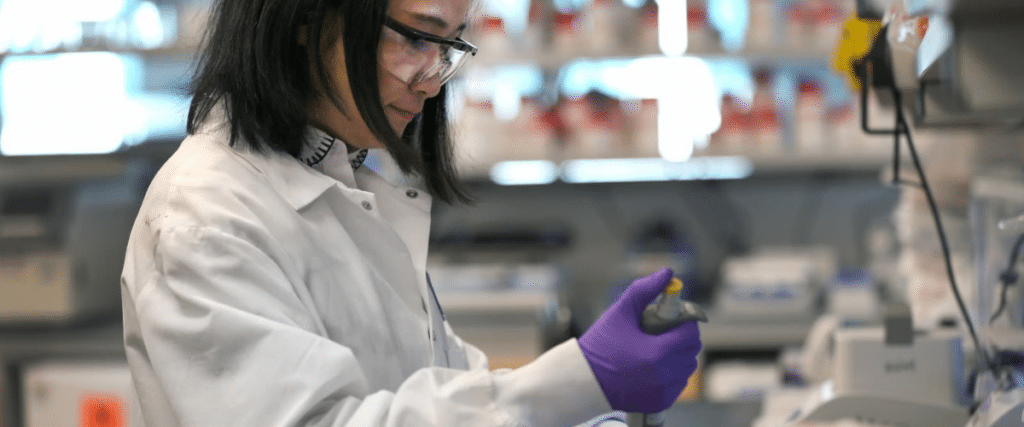Moderna has announced four new subsidiaries in Asia, providing a local presence to support the distribution of mRNA vaccines and therapeutics.
Moderna, the BioTech company responsible for pioneering messenger RNA (mRNA) vaccines, has announced plans to expand its commercial network in Asia with four new subsidiaries in Taiwan, Singapore, Hong Kong, and Malaysia. The company is consistently scaling up manufacturing and distribution of the Covid-19 vaccine, as well as future mRNA products.
Moderna has established subsidiaries in Japan, Australia, and South Korea already, as well as a government collaboration with the latter to explore local manufacturing and research opportunities. In addition, the company has announced an agreement in principle with the Australian government to build an mRNA manufacturing facility in Victoria.
Stephane Bancel, the CEO of Moderna, has stated, “After a decade of pioneering the development of our mRNA platform, we were ready to play a critical role in combating the COVID-19 pandemic globally. With the addition of four subsidiaries in Asia, we look forward to new opportunities to leverage our mRNA platform to help solve health challenges, including those with a high burden of disease in the Asia-Pacific region.”
Moderna, with its growing portfolio, has the opportunity to use mRNA technology to maximise effectivity of prophylactic vaccines, and treatment of cardiovascular diseases, oncology, and rare diseases in the region, where there is the highest burden of infectious diseases, and the growing burden of non-communicable diseases as the population ages. In addition, Moderna continually updates its Covid-19 strategy to address variants like Omicron.
Moderna is active in twelve markets globally, and its Covid-19 vaccine is approved in over 70 markets. In 2021, 807 million doses of the company’s vaccine were shipped across the world. Around 25% of them were shipped to low- and middle-income markets.
Guiding Moderna’s focus and impact for 2022 and onwards are its four strategic pillars, which include developing an annual pan-respiratory booster vaccine that will be continuously customised, developing new vaccines for viruses that currently lack them, and develop therapeutics based on mRNA technologies across oncology, cardiovascular and auto-immune disorders, and rare genetic diseases.
Featured banner image credit: cnbc.com
Related Articles
HealthTech to Solve Global Healthcare Crisis
Covid-19 Nasal Spray Vaccination by Japan’s Shionogi in the Works
How Vaccine Distribution in APAC Is Affecting Entrepreneurship





